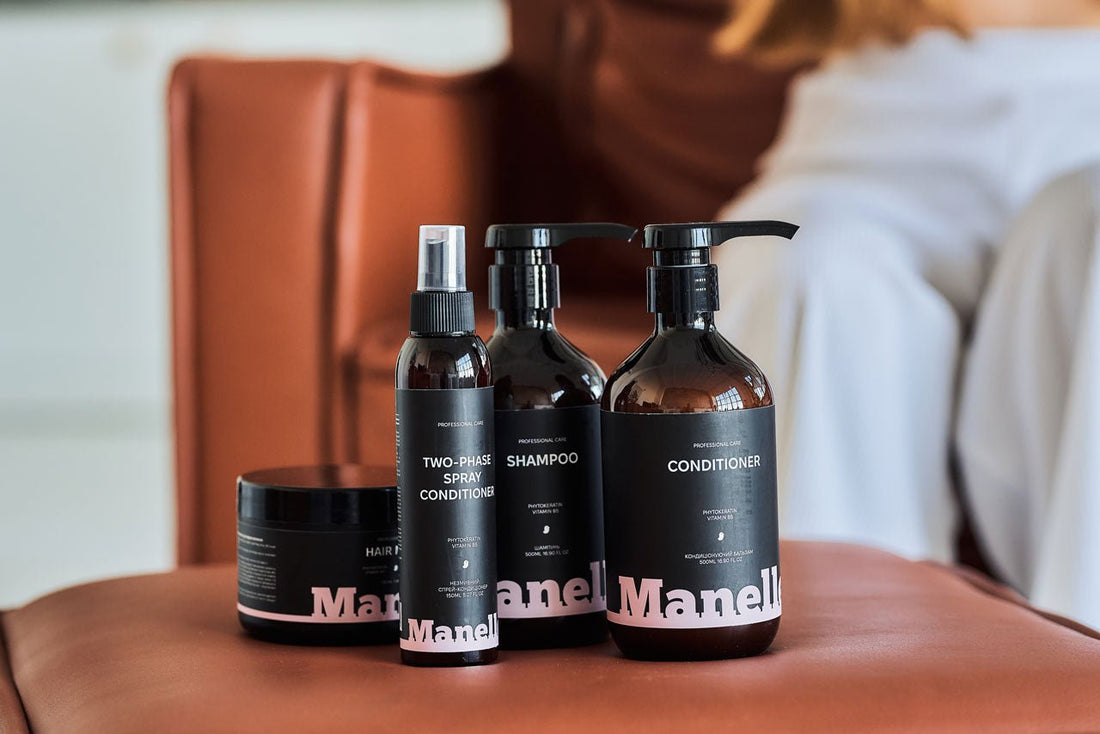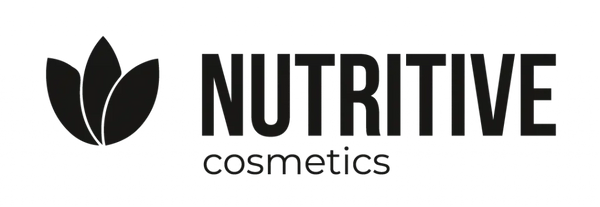
Wholesale beauty products: how to build a business on beauty and health
In a world where beauty has become an integral part of the daily lives of millions of people, wholesale beauty products have become a gold mine for entrepreneurs. The cosmetics industry has shown steady growth even in difficult economic times, as the need for self-expression and self-care remains relevant at all times. Understanding the specifics of wholesale cosmetics can be the key to creating a profitable business.
Advantages of working with wholesale beauty products
Wholesale cosmetics is like a grand symphony, with each instrument playing its part in creating a harmonious business process. When you buy beauty products in bulk, you get significant benefits compared to retail purchases. The savings are evident from the very first order, as wholesale prices are typically 40-60% lower than retail prices.
Stability of supply is another major benefit of working with wholesale cosmetics suppliers. When you have an established relationship with a manufacturer, you can plan your inventory months in advance. This is especially important for seasonal products, such as sunscreen in the summer or moisturizers in the winter.
The ability to create a unique range becomes a reality thanks to direct cooperation with manufacturers. Many companies offer white label services, which allows you to create your own line of cosmetics under your brand. Such a strategy helps to stand out from the competition and build a loyal customer base.

How to choose a reliable wholesale cosmetics supplier
Choosing a wholesale beauty supplier is like finding a reliable partner for a long-term relationship. The company’s reputation should be impeccable, which can be verified through customer reviews, ratings, and time on the market. Experienced wholesalers usually have a portfolio of successful projects and are ready to provide recommendations from existing customers.
Product quality is the foundation of a successful business in the cosmetics industry. Check for the availability of the necessary quality certificates, compliance with production standards and the use of high-quality raw materials. A good supplier is always transparent about the composition of their products and is ready to provide all the necessary documentation.
Flexibility in terms of cooperation distinguishes professional suppliers from amateurs. Minimum order quantities, delivery times, credit options, and discount systems should all be discussed individually. The best partners are ready to adapt their terms to the needs of your business, especially if you demonstrate stable purchasing volumes.
Popular categories of beauty products in wholesale trade
Decorative cosmetics traditionally occupy a leading position among wholesale beauty products. Lipsticks, foundations, mascaras and eye shadows have a stable demand throughout the year. Modern trends dictate the demand for sustainable formulas, vegan cosmetics and products with natural ingredients.
Skin care products are showing the highest growth rates in the cosmetics industry. Cleansing gels, serums, creams and masks have become an integral part of the beauty routine of a modern person. Special attention should be paid to anti-aging cosmetics and products for problem skin.
Perfumes and hair care products also show stable demand. Eau de toilette, deodorants, shampoos and conditioners have high turnover and provide stable profits. When choosing this category, it is important to consider regional preferences and seasonality.
Main categories of goods for wholesale trade:
- Decorative cosmetics (lipsticks, foundations, powders)
- Facial care products (creams, serums, masks)
- Perfumes and fragrances
- Hair care products
- Manicure and pedicure products
- Men's cosmetics
- Organic and eco-cosmetics
Pricing and Marginality in Cosmetics Wholesale
Pricing wholesale beauty products is an art of balancing competitiveness and profitability. Wholesale prices are typically based on the manufacturer’s cost of production, logistics costs, marketing costs, and planned margins. Understanding this structure helps in negotiating with suppliers.
Margins vary significantly across cosmetic categories. Make-up and skincare typically have the highest margins, ranging from 100% to 300%. Perfumes show moderate margins at 80-150%, while mass-market products have margins of 50-100%.
Seasonal price fluctuations are an important factor in purchasing planning. Summer cosmetics (sunscreens, deodorants) are usually cheaper in the winter, and winter care products are better purchased in the summer. Strategic purchasing planning can increase profitability by 15-25%.
Logistics and storage of cosmetic products
Organizing wholesale beauty product logistics is like creating a chain where each link must be strong and reliable. Cosmetic products require special transportation and storage conditions. Temperature, humidity, and protection from direct sunlight are critical to maintaining product quality.
Packaging plays a key role in preserving the presentation of cosmetics. Professional suppliers use specialized packaging materials to prevent damage during transportation. Special attention should be paid to glass bottles and other fragile packaging elements.
The shelf life of cosmetic products requires constant monitoring. The FIFO (First In, First Out) system should be the basis of warehouse operations. Regular inventory and expiration date control help avoid losses from expired products. The average shelf life of cosmetics is from 12 to 36 months.
Marketing and promotion of beauty products
Digital marketing has become the main tool for promoting wholesale beauty products in the modern world. Social networks, especially Instagram and TikTok, demonstrate the highest efficiency for cosmetic brands. Beauty bloggers and influencers are able to significantly influence consumer demand and shape trends in the industry.
Content marketing plays a special role in the promotion of cosmetics. Educational videos, tips from makeup artists, before/after photos create trust in the product and stimulate sales. It is important to create authentic content that really demonstrates the benefits of the product.
Seasonal promotions help maximize sales during peak demand periods. Valentine's Day, March 8, Black Friday are key periods for the cosmetics industry. Planning marketing activities around the holiday calendar can increase sales by 30-50% during these periods.
Regulatory aspects and certification of cosmetics
The legal regulation of wholesale beauty products is becoming increasingly strict in different countries. The European Union has the Cosmetics Regulation (EC) No 1223/2009, which sets strict safety and labeling requirements. In Ukraine, cosmetics are subject to mandatory certification in accordance with technical regulations.
Quality certification is not just a formality, but a guarantee of safety for end consumers. ISO 22716 (Guidelines for Good Manufacturing Practice for Cosmetics), COSMOS (standard for organic cosmetics), Ecocert are the main international quality standards. The presence of these certificates significantly increases consumer confidence.
Labeling and product information must comply with the national requirements of each country of sale. The composition of ingredients according to the INCI nomenclature, expiration dates, storage conditions and warnings are mandatory elements of the label. Failure to comply with these requirements may result in fines and a ban on sale.
Key documents for importing cosmetics:
- Manufacturer's quality certificate
- Certificate of state registration (for some categories)
- Certificate of origin of goods
- Invoice and packing list
- Declaration of conformity with technical regulations
- Laboratory safety findings
Trends and future of cosmetics wholesale
Sustainability and environmental awareness are becoming major trends in the beauty wholesale industry . Consumers are increasingly choosing products with natural ingredients, biodegradable packaging, and ethical production. This creates new opportunities for suppliers willing to invest in green technologies.
Personalizing cosmetics is gaining momentum thanks to the development of technology. AI algorithms can analyze a customer's skin type and recommend optimal products. Customized cosmetic kits and individual formulas are becoming increasingly popular, especially among the younger generation of consumers.
Omnichannel sales are becoming the standard for successful business in the cosmetics industry. Integration of online and offline channels, the possibility of ordering with home delivery, virtual fitting using AR technologies - all this forms new expectations of consumers. Wholesale suppliers must support the various sales channels of their partners.











